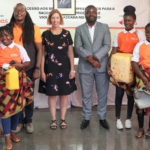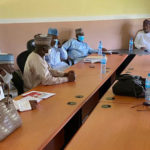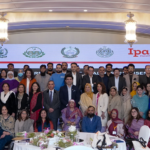
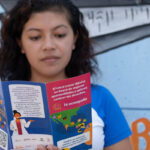
To meet the need for reproductive health care among migrants in Mexico, Ipas and partners created the first-ever Spanish-language chatbot especially for migrants.
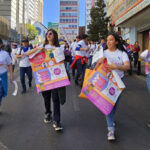

Sexual violence is a cross-border crisis that deeply impacts the lives of women and girls in Latin America. Bolivia faces one of the highest rates of sexual violence in the region.
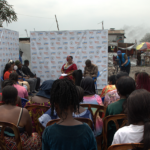
Poverty, prostitution, insecurity, and precarious living conditions are the hallmarks of the Pakadjuma neighborhood in Kinshasa. The insecurity in this neighborhood is compounded by extreme poverty, pushing many women to engage in survival activities, often at the expense of their health.
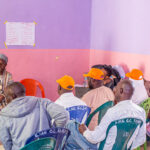
Combatting gender-based violence is a massive challenge in Nigeria, where nearly one of every three women and girls aged 15-49 has experienced physical violence, including rape and other forms of sexual violence. Ipas has developed a crucial partnership with religious leaders that’s helping to change this.
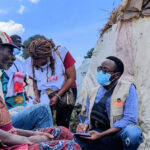
No matter the cause, humanitarian crises often mean an increase in sexual and reproductive health needs—yet access to safe abortion remains one of the most forgotten of those needs. Ipas Democratic Republic of Congo is making sure that access to abortion is included in humanitarian aid response to the devastating armed conflict in North Kivu.
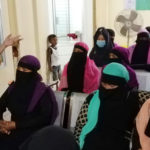
Research has long shown that women and girls who experience gender-based violence at the hands of their husbands or sexual partners often experience poor reproductive health and unintended pregnancy. This issue is heightened in humanitarian settings, where women and girls are at increased risk of sexual and gender-based violence.
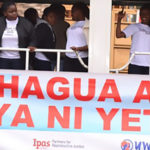

During COVID-19, women and girls around the world have faced a surge in gender-based violence (GBV) linked to lockdowns and stay-at-home orders issued by governments in response to the pandemic.



